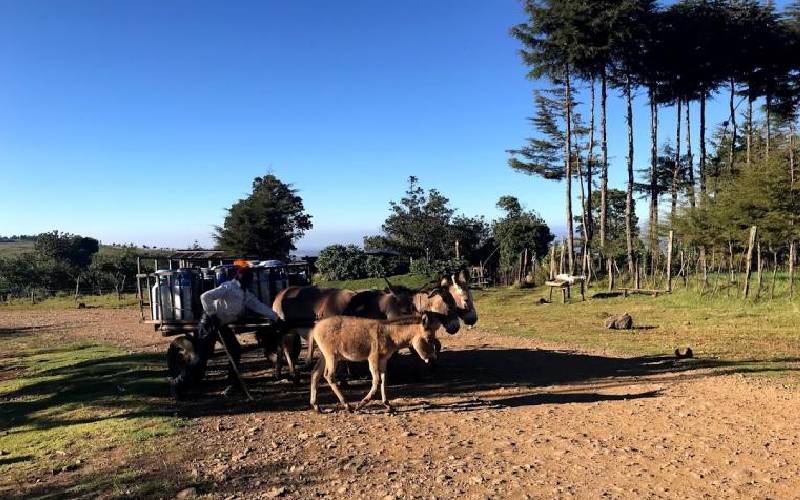
Despite mega promises by the political elite, Wanjiku will still work in this New Year and beyond. [XN Iraki]
The African Development Bank (AfDB) projects that our economy will grow at 5.9 per cent this year, much better than 2020 and 2021.
Sophisticated economists and entrepreneurs easily understand what this means.
 The Standard Group Plc is a multi-media organization with investments in media
platforms spanning newspaper print
operations, television, radio broadcasting, digital and online services. The
Standard Group is recognized as a
leading multi-media house in Kenya with a key influence in matters of national
and international interest.
The Standard Group Plc is a multi-media organization with investments in media
platforms spanning newspaper print
operations, television, radio broadcasting, digital and online services. The
Standard Group is recognized as a
leading multi-media house in Kenya with a key influence in matters of national
and international interest.


